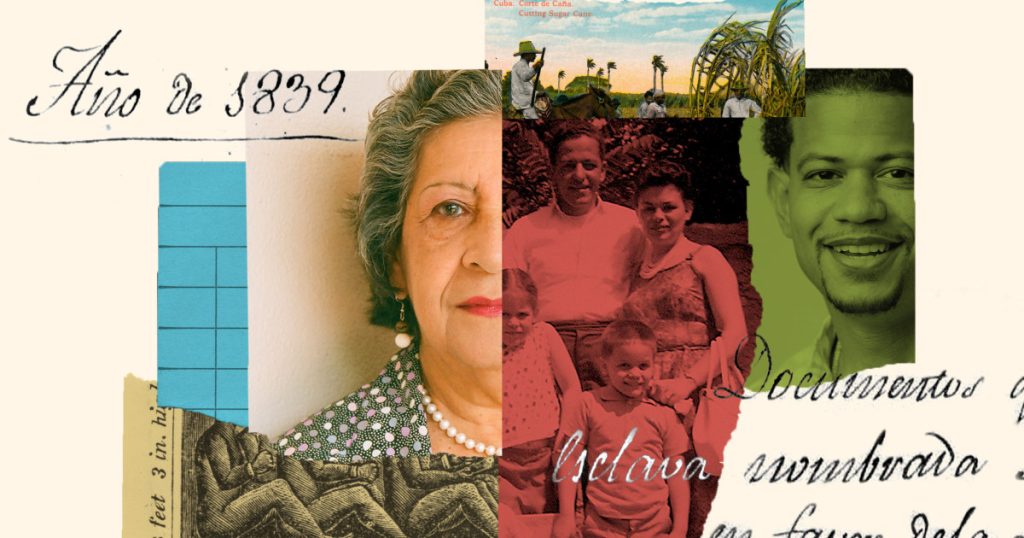SlaveSocieties.org served as a platform for a reporter to explore and confront the slave-owning past of his own family. Through notary records from Cartagena, Colombia, he discovered that his fourth-great-grandmother had left her daughter three enslaved youths and money to purchase another slave. This revelation challenged his perception of his humble immigrant grandmother, who had worked in New York sweatshops. The investigation led to the uncovering of both Afro-Mexican ancestors and slave-owning forebears in the family tree, reflecting the colonial history of Mexico.
Texas-based genealogist Moises Garza’s journey into genealogy began while working as a migrant worker in Texas, listening to family stories from his father. Over the years, Garza compiled an extensive database of 1.1 million names from northeastern Mexico and Texas. He acknowledges and embraces both his conquistador and slave-owning ancestors without feeling the need to distance himself. Garza emphasizes the importance of learning from history, whether it be the conqueror or the conquered, instead of dwelling on anger or shame.
Reflecting on the complexities of ancestry, Henry Louis Gates highlighted the intricate relationships between African and European merchants and elites complicit in the slave trade. He argued against holding individuals responsible for the actions of their ancestors and stressed the importance of understanding history to move forward. The history of slavery in Latin America has often been hidden or forgotten by families, making it crucial to uncover and acknowledge these roots.
African American and Puerto Rican genealogist Teresa Vega emphasized the impact of enslavement and genocide in severing familial ties, making it essential to follow DNA trails and expand family trees. Vega’s personal journey involved using DNA tests to connect with her Puerto Rican heritage, revealing her Taíno and Afro Indigenous roots. Similarly, Giselle Rivera-Flores found solace in her Afro-Latina identity through DNA findings, despite resistance from older family members. Rivera-Flores sees knowing her roots as providing a sense of identity and empathy for others.
Filmmaker Alexis Garcia delved into her African roots through her short film “Daughter of the Sea,” which incorporates elements of the Yoruba faith practiced in Latin America. Garcia discovered her direct maternal DNA traces back to the Igbo people of Nigeria, a revelation that connected her spiritually to her ancestors. Inspired by her grandmother’s botánica and the practice of Yoruba orishas, Garcia and her cousin have launched a film production company named Botánica Pictures, honoring their family’s spiritual heritage. The journey of self-discovery and ancestral connections continues to shape their creative endeavors.


